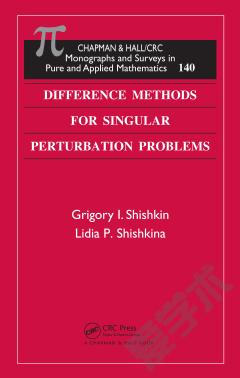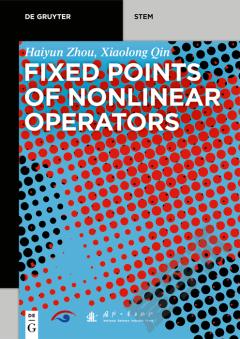Impulsive Differential Inclusions —— A Fixed Point Approach
----- 脉冲微分包含物:定点方法
Differential equations with impulses arise as models of many evolving processes that are subject to abrupt changes, such as shocks, harvesting, and natural disasters. These phenomena involve short-term perturbations from continuous and smooth dynamics, whose duration is negligible in comparison with the duration of an entire evolution. In models involving such perturbations, it is natural to assume these perturbations act instantaneously or in the form of impulses. As a consequence, impulsive differential equations have been developed in modeling impulsive problems in physics, population dynamics, ecology, biotechnology, industrial robotics, pharmacokinetics, optimal control, and so forth. There are also many different studies in biology and medicine for which impulsive differential equations provide good models. During the last 10 years, the authors have been responsible for extensive contributions to the literature on impulsive differential inclusions via fixed point methods. This book is motivated by that research as the authors endeavor to bring under one cover much of those results along with results by other researchers either affecting or affected by the authors' work. The questions of existence and stability of solutions for different classes of initial value problems for impulsive differential equations and inclusions with fixed and variable moments are considered in detail. Attention is also given to boundary value problems. In addition, since differential equations can be viewed as special cases of differential inclusions, significant attention is also given to relative questions concerning differential equations. This monograph addresses a variety of side issues that arise from its simpler beginnings as well.
{{comment.content}}








 京公网安备 11010802027623号
京公网安备 11010802027623号